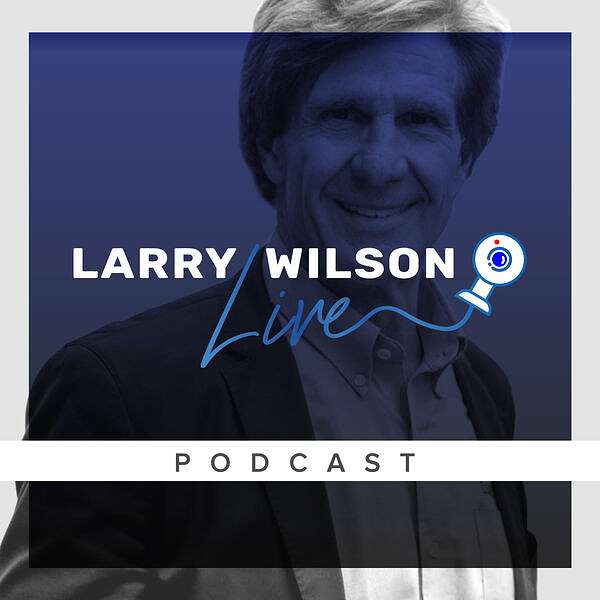
Larry Wilson Live: Conversations with Real Safety Experts
Larry Wilson Live: Conversations with Real Safety Experts
What Brain Science has Discovered about Humans Behaving Safely with Cristian Sylvestre
Although many safety professionals are aware of the latest brain science. Unfortunately, far too many still don’t know what to do with it.
“So they acknowledge it, and then go back to the paradigm of deliberate decision making being the main problem, not the subconscious, or they gravitate back to the ‘system’ and trying to improve the safety management system or administration or the engineering, etc. They’re still trying to improve the conscious mind- when we now know that 95% of our behaviour is habitual or in the realm of our subconscious mind.”
And when Cristian said that on a call a few weeks ago, I had to agree.
Lots of interest in the neuroscience - from safety professionals all over the world - but little change as a result…
So the first step is to understand how our brain works when we are rushed, frustrated, tired or complacent.
The second step is how to apply it to actually improve things significantly.
And the third step is how to sustain it.
Which, in the end-pardon the pun-will be the most significant factor.
About Cristian:
Cristian’s 25-year safety career started in chemical manufacturing and then moved to the oil and gas industry.
In this heavy processing environment, he quickly learned that there are different types of safety and different ways to think about each one.
As a professional chemical engineer and having completed a Masters, he is trained to analyse complex problems and to use evidence-based science to deliver the simplest solutions that achieve positive safety outcomes.
His main field of interest is minimizing inattention, something that is in play in 95% of incidents and traditional safety has largely ignored.
He got interested in brain science about 10 years ago and wrote a book “Third Generation Safety: The Missing Piece – Using Neuroscience to Enable Personal Safety” to help people understand how inattention comes about and what we can be done about it.